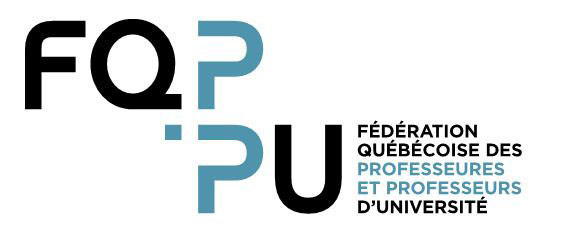Showing contempt for employees’ collective bargaining rights comes at a high price: the strike launched by the Association of McGill Professors of Law (AMPL) on April 24th is putting in jeopardy Congress 2024 – the largest annual gathering of academics in Canada, organized by the Federation for the Humanities and Social Sciences – which was scheduled to be held on McGill’s campus from June 12th through June 21st.
Already several learned societies, including the Canadian Political Science Association, the Canadian Historical Association, the Canadian Philosophical Association, the Canadian Society for the History and Philosophy of Science, the Association of Canadian College and University Teachers of English, and the Canadian Law and Society Association, have indicated that they will not ask their members to cross picket lines to participate in their conferences in the event that the labour dispute continues. Professors from across Quebec have contacted their learned societies to express their discomfort: in their view, the idea of participating in an academic conference being held at an institution currently engaged in an aggressive anti-union campaign against its professors is untenable.
These actions follow the unwavering support of the Federation Québécoise des professeures et professeurs d’université (FQPPU) and the Canadian Association of University Teachers (CAUT), who have called upon McGill to stop holding its students and Canadian academics hostage and engage in good faith bargaining with its professors. “McGill’s administration first fought AMPL’s certification – and its members’ rights to collective bargaining – before the courts in a strategy more akin to Walmart and Amazon than what we should be entitled to expect from an institution of higher learning,” recalled FQPPU president Madeleine Pastinelli. “Now, having deliberately stalled negotiations and insulted students who support AMPL, the administration simply refuses to come to the bargaining table. It’s becoming more and more clear that McGill stance is one of contempt for its professors.” Indeed, the university has only agreed to meet with AMPL on June 7th, more than six weeks after the last bargaining session and ten full days after its students’ scheduled graduation.
After unduly dragging out negotiations and insulting students who supported the AMPD, the administration simply refuses to make itself available at the table. It's becoming increasingly clear that McGill's negotiating strategy is one of contempt.

In these circumstances, the FQPPU formally invites the Fédération des sciences humaines not to take a position in favour of the employer, either directly or indirectly, in the labour dispute opposing it to the law professors. “Any position that would suggest that the Federation condones the non-respect of the fundamental right to collective bargaining would seriously damage its image as a defender of democratic and progressive societies,” says Madeleine Pastinelli. “In this respect, we believe it is the Federation’s responsibility to propose a contingency plan to its members, should its Congress have to be held in the context of a labour dispute in which the administration has made no secret of its disdain for the rights of its teachers.” In fact, the AMPD’s unionization efforts are the result of a sad observation: the increasing verticalization of relations and, in the absence of a collective agreement, a profoundly inequitable culture of arbitrariness where workloads and salaries are extremely variable.
As a reminder, the AMPD’s demands, set out in a press release issued on April 11, could hardly be more reasonable. According to the union, only two or three days of targeted collective bargaining could resolve this situation, which, due to the university’s current inaction, continues to fester.
Stay up to date
Subscribe to the Federation newsletter.


